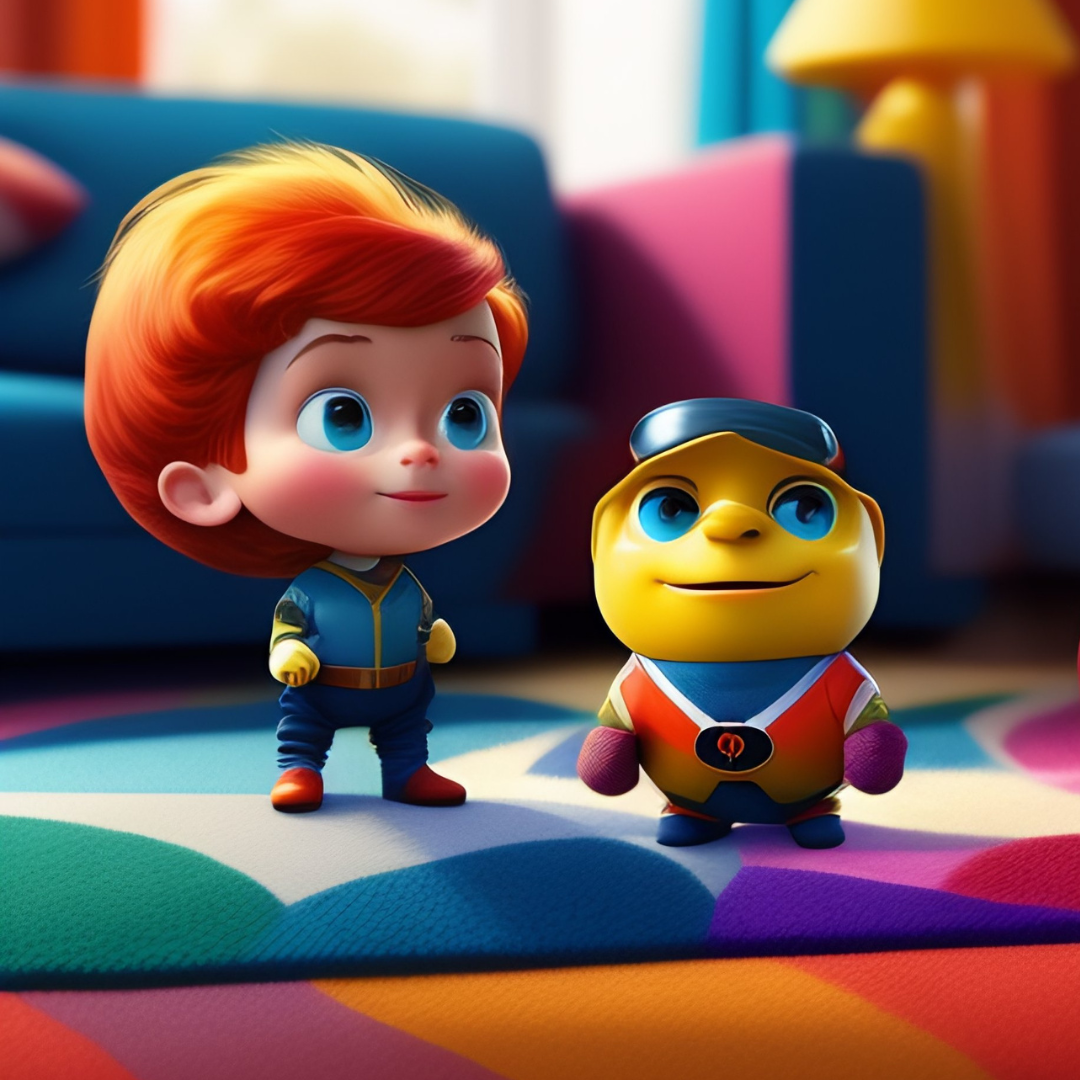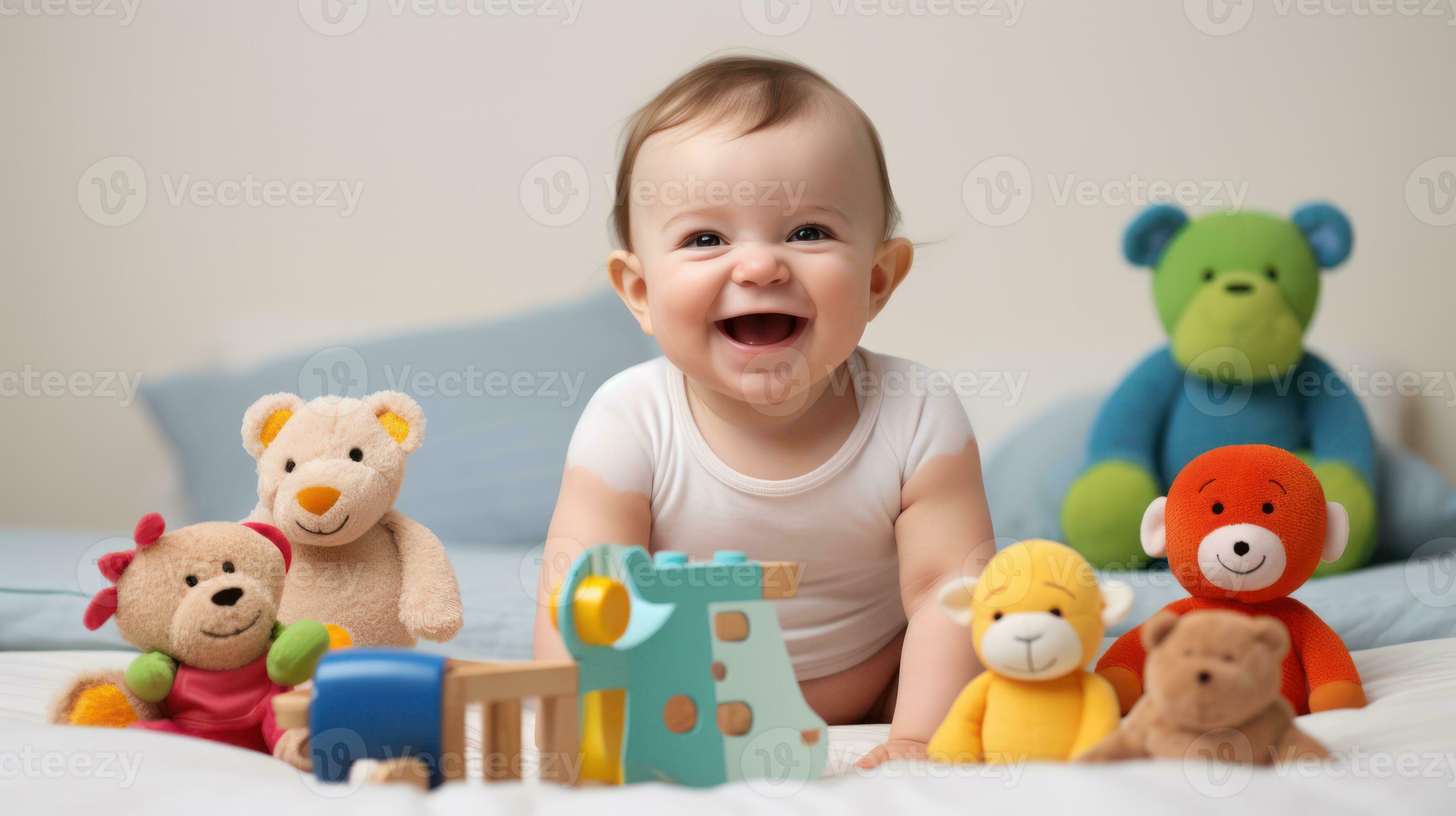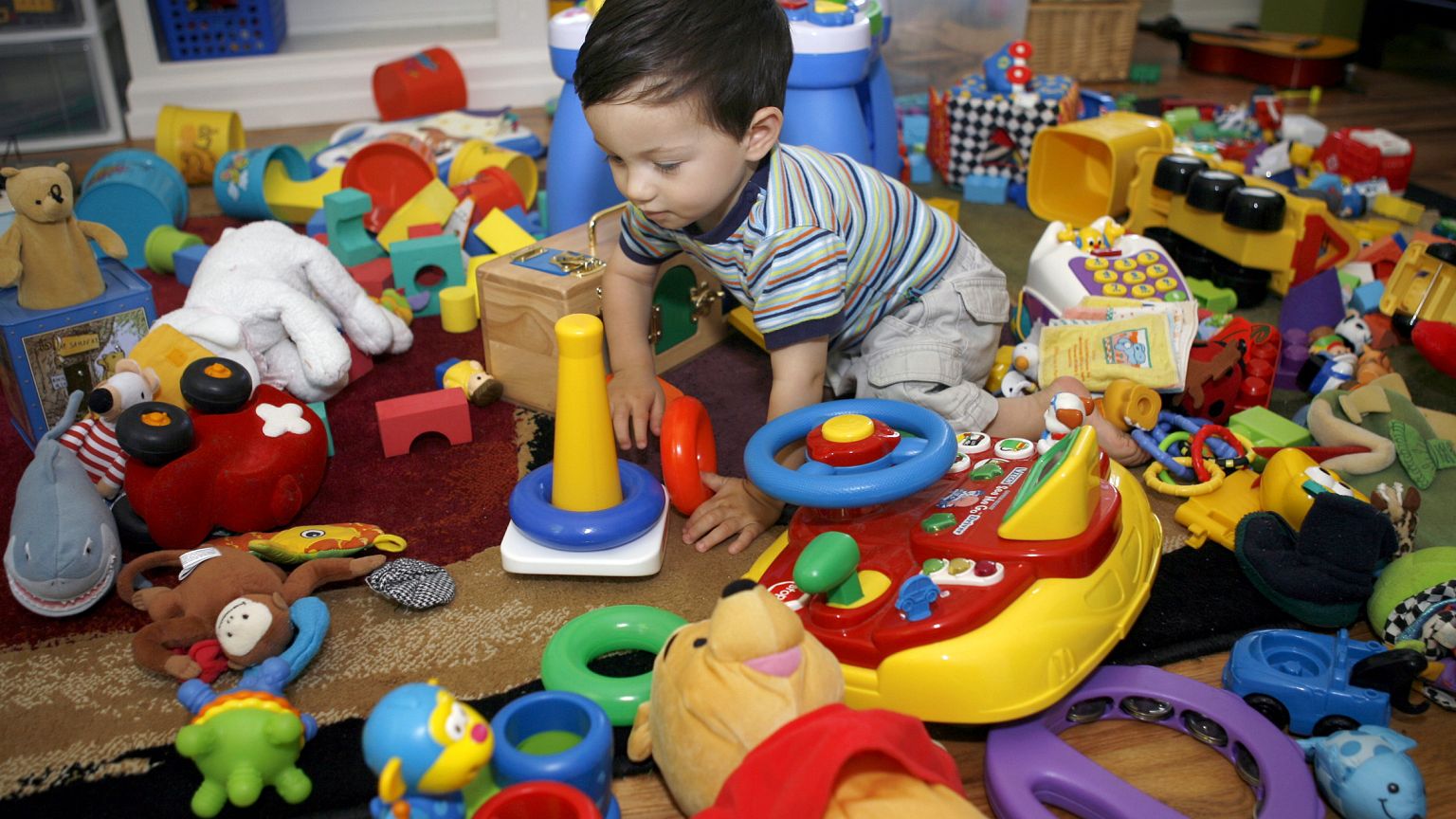Mattel and OpenAI have partnered up – here's why parents should...
Mattel, the iconic toy brand known for products like Barbie, Fisher-Price, and Uno, has recently teamed up with OpenAI, the company behind ChatGPT, to integrate generative AI into some of its toys. This partnership marks a significant shift in the toy industry, as manufacturers explore the potential of AI to create more interactive and engaging play experiences for children.
While OpenAI's services are not intended for children under 13, Mattel will be focusing on developing products for families and older children. However, the introduction of AI technology in toys raises important questions about the impact on children's play experiences and relationships with their toys.

The Evolution of Interactive Toys
Over the years, toys have evolved from simple playthings to interactive companions that can respond to children's actions and words. From early talking dolls like Chatty Cathy to more recent AI-powered toys like "Hello Barbie," which could engage in conversations with children, the integration of technology has changed the way children interact with their toys.
With the addition of generative AI, toys now have the ability to engage in more natural and dynamic conversations with children. These AI systems can simulate empathy, remember past interactions, and provide personalized responses, creating a more immersive play experience.
Researchers have highlighted the need for safety features in AI toys, including restrictions on topics and pre-scripted responses for sensitive conversations. However, there are challenges in ensuring the security and privacy of children's data in an increasingly connected world.

The Need for Regulation and Ethical Standards
As toy companies move towards integrating AI into their products, there is a growing need for regulation and ethical standards to protect children and their data. The UK's Data (Use and Access) Act 2025 and the EU's AI Act are important steps towards establishing guidelines for the use of AI in toys.
International efforts, such as the IEEE P7014.1 standard on the ethical design of AI systems, play a crucial role in defining responsible practices in AI technology. These standards help identify potential harms and provide guidance on ethical AI design and use.

Conclusion
The partnership between Mattel and OpenAI signals a new era in the toy industry, where AI technology is reshaping the way children play and interact with toys. While the benefits of AI-enhanced toys are evident, it is essential for parents, regulators, and manufacturers to address the challenges and concerns surrounding the use of AI in children's playthings.
By navigating the complexities of AI in toys and advocating for ethical standards and regulations, we can ensure that children's play experiences are both engaging and safe in the digital age.



















